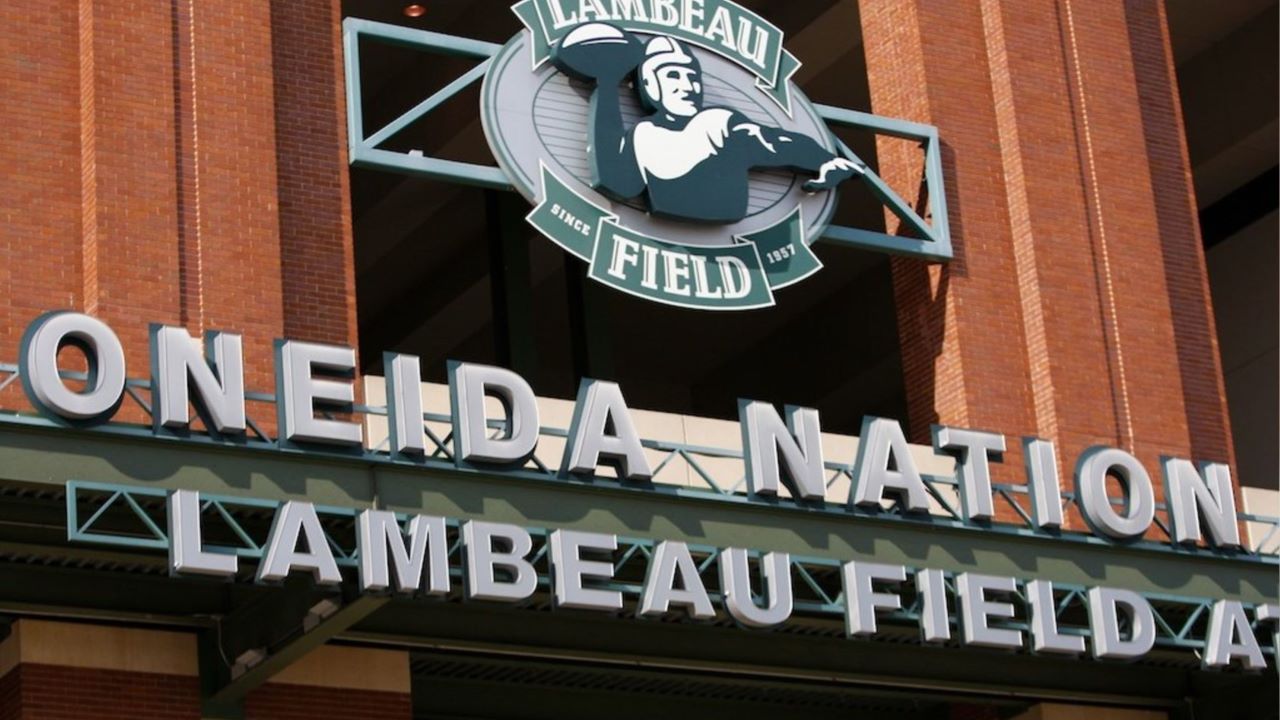GREEN BAY — Since the Washington Commanders jettisoned their offensive nickname in 2020, pressure has grown for the Kansas City Chiefs to do the same, as well as dropping the tradition of fans wearing headdresses and using the tomahawk chop.
Now, as Kansas City’s NFL team prepares for a Sunday night game against the Green Bay Packers, at least one local Oneida leader is calling for the same.
“There is an issue with that representation and imagery and how the country sees tribes and Indian people,” Oneida Nation Vice Chairman Brandon Yellowbird-Stevens told reporter Frank Vaisvilas for a story that ran Thursday in the Milwaukee Journal Sentinel.
He said fans wearing war paint and headdresses don’t necessarily convey respect for Native Americans. Instead, they harken to a time when Indigenous peoples were caricatured in U.S. media.
The Oneida Nation has been a longtime partner with the Packers, with one of the main gates named for them.
Oneida has a rich relationship with professional football in Green Bay that dates back to the late 1800s. Some of the first professional paid football players in the city were, Tom Skenandore, Taylor Smith, Martin Wheelock and Jonas Metoxen, all of the Oneida Nation.
Some area communities, such as Kaukauna, trace their names to native languages.
The bureau of ethnology in Washington says Kaukauna comes from a Menomonie Indian word, Ogaq-kane, meaning the place of the pike.
The Chiefs banned headdresses and face paint from fans at home games, but some fans still wear the costumes to away games.
The Packers don’t have an official policy that bans headdresses, according to their game day FAQ.
The Chiefs, reigning Super Bowl champions, faced intense scrutiny ahead of the last Super Bowl, which took place in Phoenix in a part of the country with a rich indigenous history.
Native American advocates called for the “immediate retirement” of the NFL team’s name, logo, the team’s “war chant” and the “tomahawk chop.”
“There’s no respectful way to mascot us or belittle us and use us for profit,” said Amanda Blackhorse, founder of Arizona to Rally Against Native Mascots.



